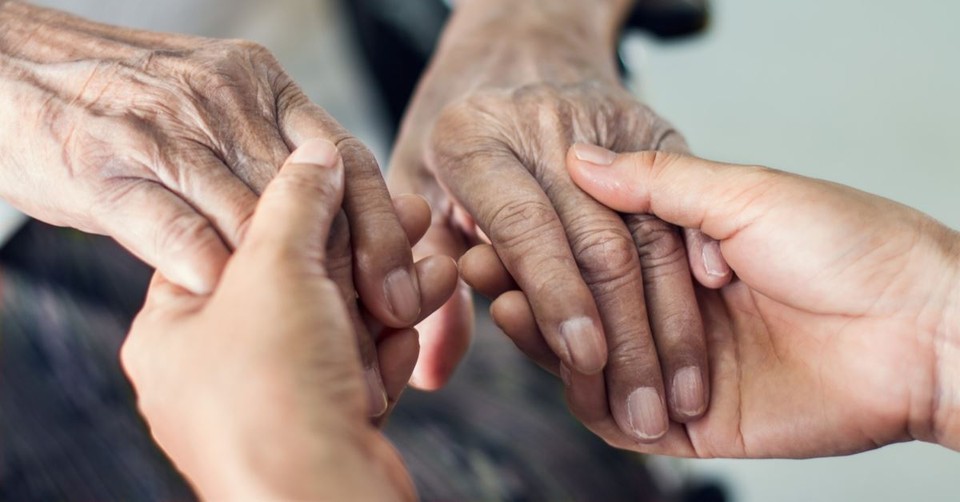5 Things You Need to Do to Support Emotional Abuse Victims

Victim.
The word conjures up many different images.
For some the word conjures up the image of someone being robbed at gunpoint. Others think about someone who has been been wounded in a hit-and-run automobile accident.
Whatever image comes to mind, it probably is not of a 35-year-old woman who sings in the choir and whose husband is a leader in the community, but who is pummeled on a daily basis by words, phrases, and hostile attitudes.
Most of us have a hard time thinking of someone who is hurt by words as a victim. And yet, ask any woman who is met with sarcasm, name-calling and derisive language if she feels victimized. Ask her if she feels weary and wounded and as though she is gradually losing parts of herself daily.
Christians have been slow to seriously consider the impact of emotional abuse. We have been slow to recognize the debilitating impact of ongoing yelling or swearing, insults and mocking, threats and intimidation, isolating and stonewalling. We have been slow to see the abuse of power as abusive.
But the impact is real and it is debilitating. Being regularly put down and then told you are too sensitive is incredibly hurtful. Being chided for your actions, controlled and ridiculed, and told you are wrong, gradually erodes self-esteem. To have your voice taken from you is abusive.
To make matters worse, most victims of emotional abuse suffer in silence, fearing no one would believe them. Their mate, often held in high regard in the community and church, presents one image to the public and something quite different behind the scenes. This makes speaking out all the more difficult. Who would believe her?
To the public he is the epitome of tolerance and grace, yet behind the scenes he is intolerant, irritable and lacking empathy. When confronted with any criticism, he is easily wounded. He flips blame back on her and accuses her of wrongful intentions. Her mind is spinning with confusion.
We must begin to recognize that emotional abuse is a form of domestic violence and is completely antithetical to God’s heart. God does does not support emotional abuse or any kind of violence. Furthermore, we, as Christians, cannot tolerate emotional abuse or we have become complicit in that very abuse. We have perpetrated secondary abuse on the victim, making healing and growth even more difficult.
Let’s consider actions we all can take to end emotional abuse.
First, learn about emotional abuse. Much has been written about emotional abuse and so we have no excuse to be uninformed. Emotional abuse touches all of our lives and we can learn about it and make a difference.
Second, recognize emotional abuse in your home and the lives of friends/family. While many believe their actions are harmless, subtle covert emotional abuse is extremely harmful. Again, we can all recognize emotional abuse, the impact it has on victims and do our part to end it. What happens in the lives of friends and family is our business.
Third, speak out about emotional abuse and support victims. Emotional abuse occurs all around us. We have the opportunity to learn about it, recognize it and speak out against it. Being observant, we can recognize the occurrence of emotional abuse in the lives of friends and family. We can bravely say something.
Fourth, encourage churches to speak out about emotional abuse. We can create opportunities within our churches to recognize and speak out against subtle forms of abuse. We can encourage our churches to share informational brochures, promote classes on healthy marriages and encourage discussions of the topic of emotional abuse.
Finally, celebrate healthy emotional living. We can also promote healthy emotional living. We recognize emotional abuse more readily when it is contrasted with what healthy emotional living looks like.
Would you like more information on emotional abuse? Would you like information about how to bring the topic into your church? If you would like further help, we are here for you. Please send responses to me at info@marriagerecoverycenter.com and also read more about The Marriage Recovery Center on our website and learn about our Personal and Marriage Intensives.
Photo Credit: ©GettyImages/ipopba
Originally published November 01, 2016.




